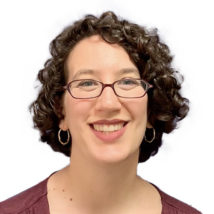
Lisa Grossman
Astronomy Writer, Science News
Lisa Grossman is the astronomy writer for Science News. Previously she was a news editor at New Scientist, where she ran the physical sciences section of the magazine for three years. Before that, she spent three years at New Scientist as a reporter, covering space, physics and astronomy. She has a degree in astronomy from Cornell University and a graduate certificate in science writing from the University of California, Santa Cruz. Lisa was a finalist for the AGU David Perlman Award for Excellence in Science Journalism, and received the Institute of Physics/Science and Technology Facilities Council physics writing award and the AAS Solar Physics Division Popular Writing Award. She interned at Science News in 2009-2010.

All Stories by Lisa Grossman
-
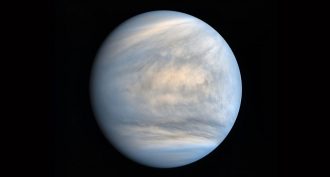 Planets
PlanetsHere’s why Venus is so unwelcoming
Venus is hard to study. Scientists also find it hard to get money to send spacecraft there. But researchers have ideas about how to tackle both challenges.
-
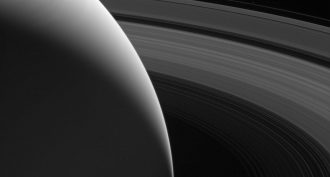 Planets
PlanetsSaturn’s rings might be shredded moons
Final data from the Cassini spacecraft put a mass and a date of birth on the gas giant’s iconic rings.
-
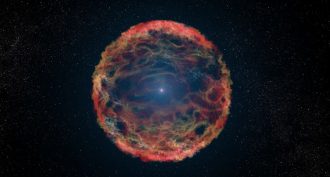 Space
SpaceWeird star explodes over and over, cheating death
There’s a weird supernova out there. This dying diva may have had multiple explosions, and it’s lately been glowing for more than three years.
-
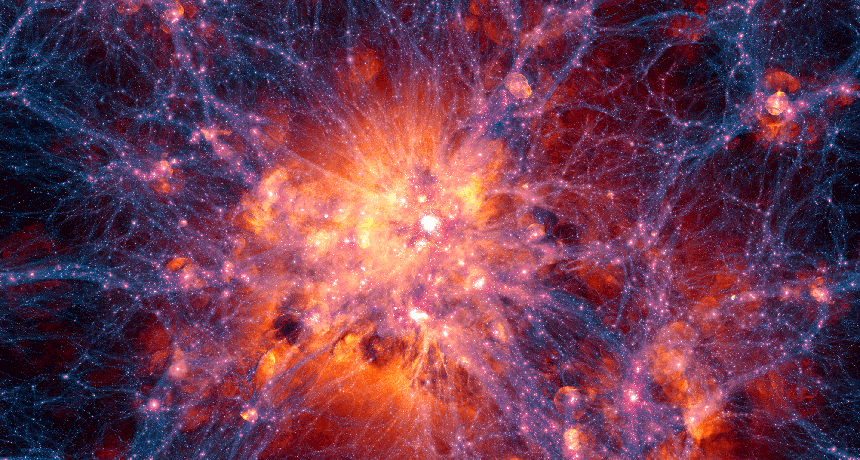 Physics
PhysicsAncient light may point to where the cosmos’ missing matter hides
The universe is missing some of its matter. Now astronomers may have a way to find it.
-
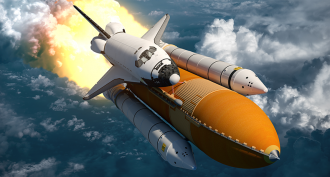 Planets
PlanetsSpace toilet may teach scientists how to scout for life on distant icy moons
Lessons learned from flushing space toilets may help plan life-hunting missions on distant icy moons.
-
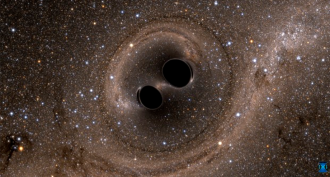 Physics
PhysicsTrio wins physics Nobel for detecting gravity waves
The 2017 Nobel Prize in physics went to three physicists for helping figure out how to search for ripples in spacetime — which launched a new field of astronomy.
-
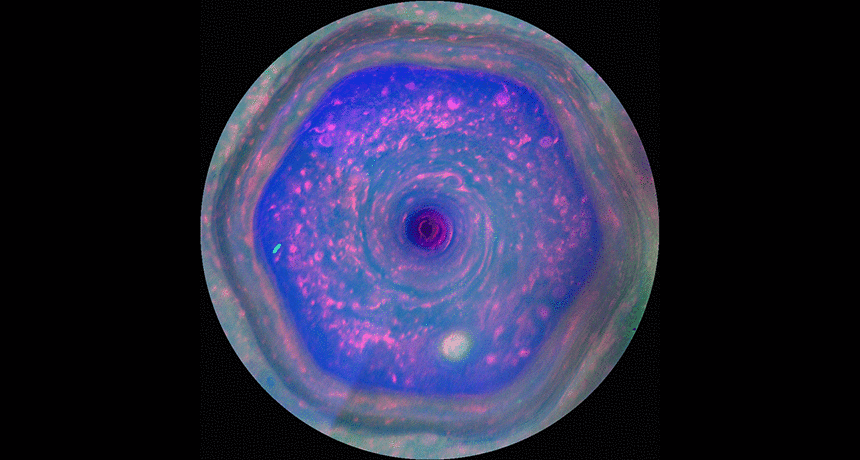 Space
SpaceCassini spacecraft takes its final bow
Twenty years after it left Earth, NASA’s Cassini mission is about to end — with a crash into Saturn.
-
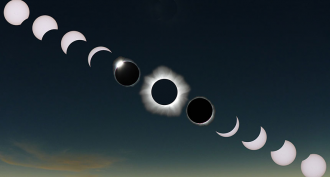 Physics
PhysicsWhat scientists hope to learn from Great American Eclipse
A solar eclipse will travel across North America on August 21. Scientists will use that opportunity to learn more about our home star.
-
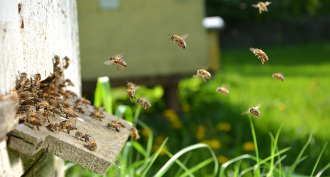 Animals
AnimalsWhat do animals do during a solar eclipse?
A citizen-science experiment used the Great American Eclipse of 2017 to gather the largest dataset ever of animal responses to a sun-block.
-
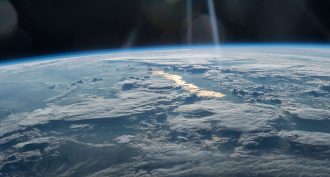 Earth
EarthScientists probe how an eclipse affects Earth’s atmosphere
Parts of the electrically charged layer of Earth’s atmosphere lose that charge in an eclipse. Scientists are studying how it might affect everything from GPS accuracy to earthquake prediction.
-
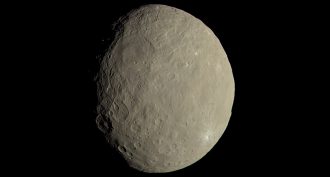 Planets
PlanetsEarly solar system may have slung giant mud balls
The first asteroids may have been great balls of mud. That could solve some puzzling traits of meteorites.
-
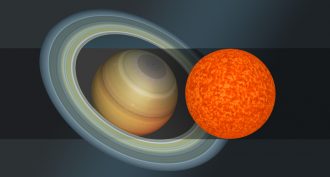 Space
SpaceNewfound stars rank as farthest and one of the smallest
Astronomers have found two stars for the record books — the most distant ever observed and one of the tiniest now known.